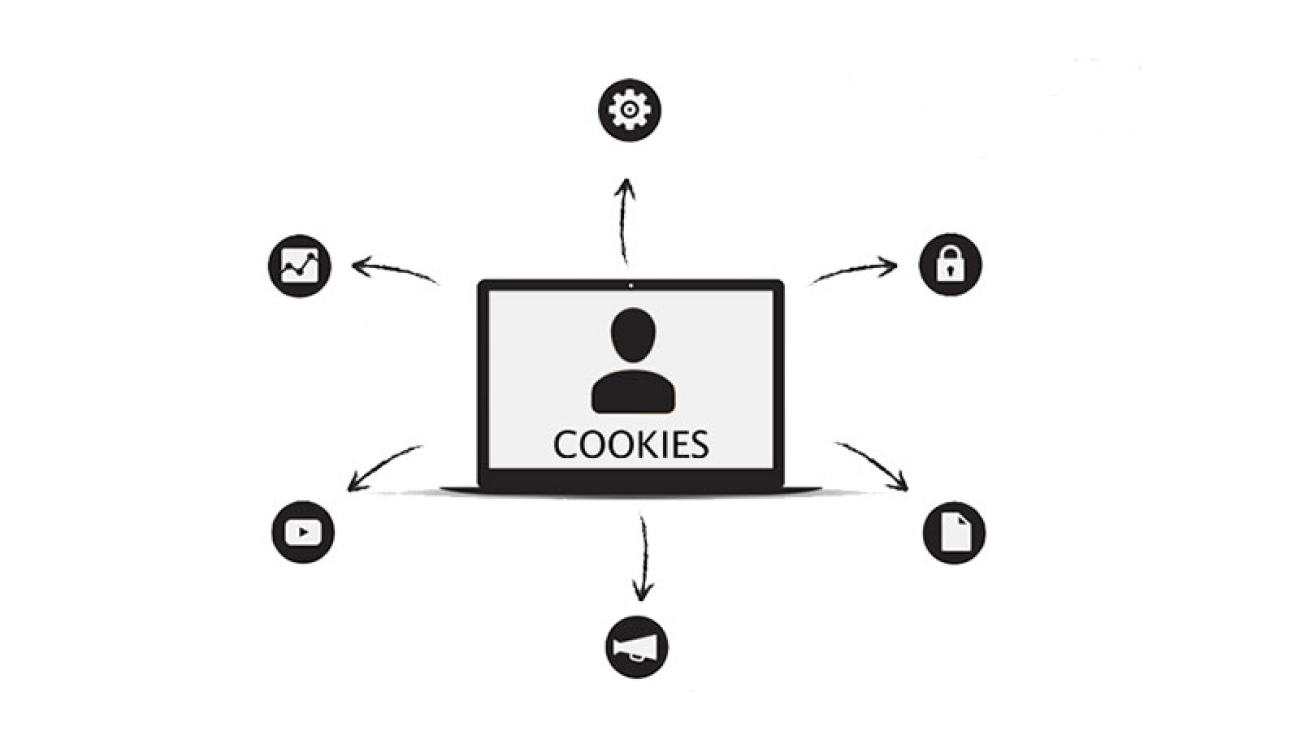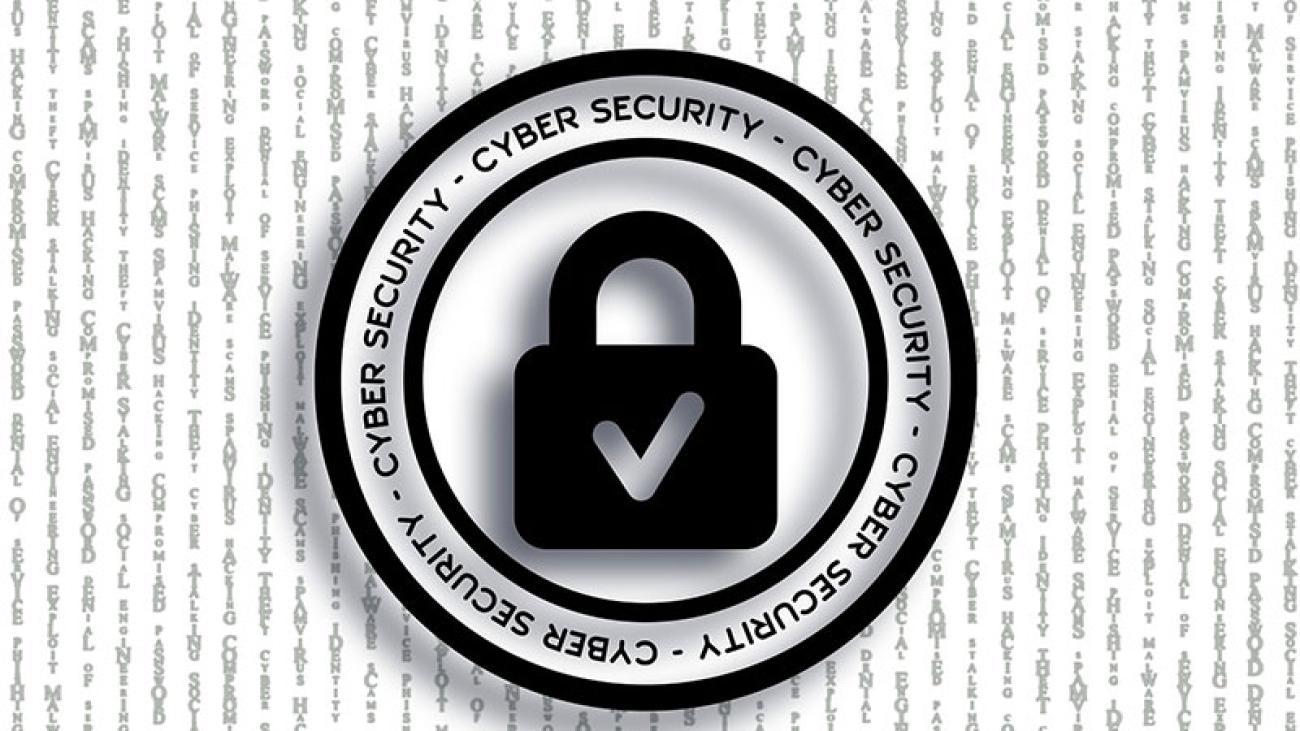Internet becomes indispensable for people’s daily life and you need it for all kinds of data searching. Which means whatever you navigate through Internet generates the small text files containing data about your interaction with all the browsing websites. We call them Web or Internet cookies and they normally contain a small piece of information which is usually not quite sufficient to reveal a person’s identity. But you may wonder what kinds of data a cookie file may contain?
- The website where the cookie was sent from
- The expiration date of the cookie
- A random unique number generated by the browser for the websites to recognize you as a returning customer
However, cookies may vary when it comes to different purposes or working mechanisms. Let us give you some examples of the most typical cookies you can find:
Session cookies
Session cookies are only saved in temporary memory with no expiration date. This type of cookies is generated when the user enters a website and then will be eliminated at the same moment when the web browser is closed.
Persistent cookies
Persistent cookies, known as “permanent cookies”, are used to identify a returned visitor. The feature such as “Keep me logged in” or “Remember me” for easily logging into a website is simply made based on this kind of cookies and it’s required the user authentication. Not only the option of quick login, persistent cookies can also allow websites to record several settings you personalized when visiting the websites such as language preference, theme and other more.
Third-party cookies
Third-party cookies are created when the websites incorporate any content from exterior sources such as advertising banners which direct you to other websites. These cookies are commonly utilized by advertisers to send users the targeted ads.
Supercookies
Super cookies can be embedded on your device without your notice, and horribly they are almost impossible to be removed because they are implanted at the network level and not saved from your local browser. These cookies usually comprise data such as user’s browsing history, authentication details, or ad targeting data.



